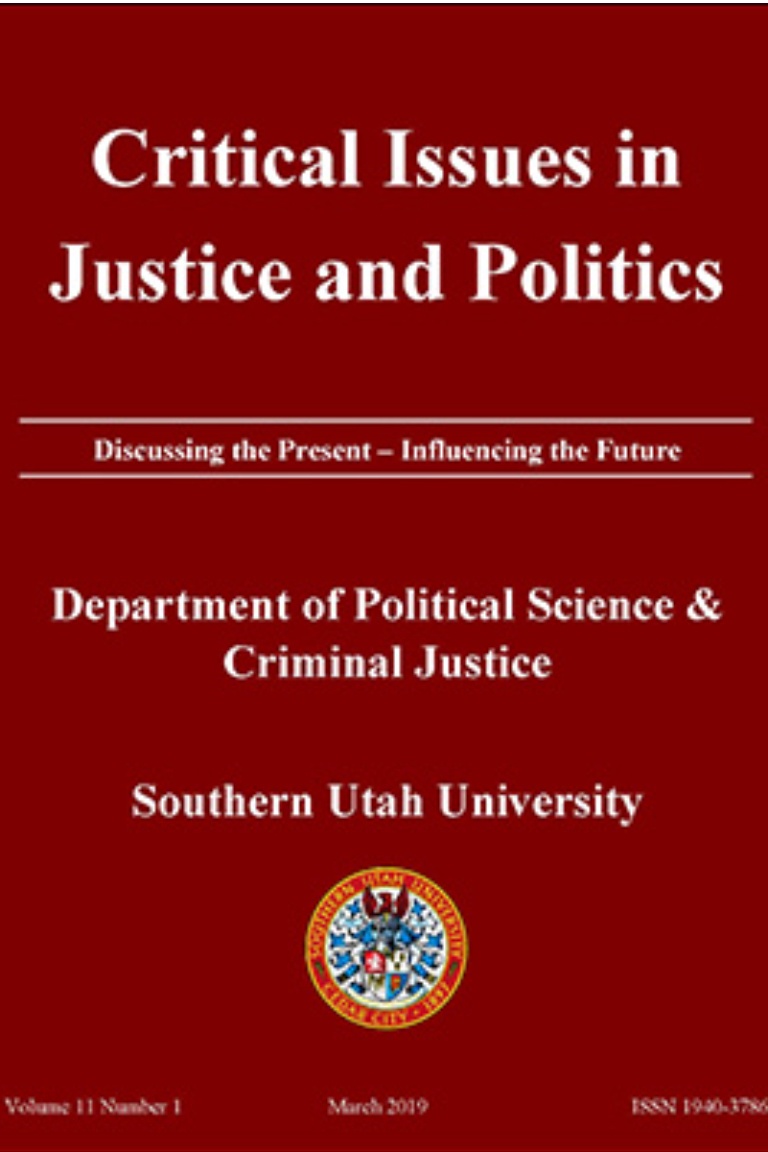On September 2010, China suddenly suspended rare earth exports to Japan following yet another dispute over the Diaoyu/Senkaku islands. This action thrust China into the regional and global spot-light because it looked like a blatant abuse of international trading agreements. Discussion of the event lead to two questions: one, if the Chinese government intended to use the rare earth element event for political gain, why then did it not establish the link more firmly? Two, the fluctuation in Chinese rare earth exports jeopardized China’s reputation as a secure and stable supplier of rare earth metals, so why act recklessly? Research on state crime and political accounts – elements missing in discussions on this issue thus far – are used to demonstrate that the data from both sides may corroborate an alternative explanation. We assert that the World Trade Organization (WTO)-defying re-action from the Chinese government emanated from the need to rebuff Japan and thus maintain domestic legitimacy even though such behavior would put China at risk of being sanctioned by the WTO.
State Legitimacy and Government Crime: The China-Japan Rare Earth Element Case
State Legitimacy and Government Crime: The China-Japan Rare Earth Element Case
- Adam Ghazi-Tehrani, Lindsey K. Williams, Yujing Fun, Henry N. Pontell
- Publication Date
2017 - Website
- View publication details
 The College of Arts
The College of Arts